Chitosan oligosaccharide has many effects on the crop growth cycle. It can promote the growth and development of crops, improve the yield and quality of crops, and at the same time enhance the stress and disease resistance of crops and extend the growth cycle of crops.
First, chitosan oligosaccharide can act as a growth regulator to promote root growth and nutrient absorption of crops. By activating plant growth hormones, chitosan oligosaccharides can promote the growth of crop roots, increase the absorption area of roots, and improve nutrient absorption efficiency, thus promoting the growth and development of crops and shortening the growth cycle.
Besides, chitosan oligosaccharide can enhance the stress resistance and disease resistance of crops, making them more resistant to drought, cold, diseases and insect pests. This helps reduce the impact of natural disasters, diseases and insect pests on crops during the growth cycle, and improves crop survival rate and yield stability.
Moreover, chitosan oligosaccharide can also regulate the physiological metabolic process of crops and promote the growth and development of crops. It can affect the photosynthesis, respiration, nutrient transport and other physiological processes of crops, improve the photosynthetic efficiency and nutrient utilization efficiency of crops, accelerate the growth rate of crops, and shorten the growth cycle.
To sum up, the impact of chitosan oligosaccharide on the crop growth cycle is mainly reflected in promoting growth, enhancing stress resistance, regulating physiological metabolism, etc., helping to improve crop yield and quality, shortening the growth cycle, and providing opportunities for agricultural production. A green, environmentally friendly and efficient growth regulator.
Post time: Sep-13-2024





